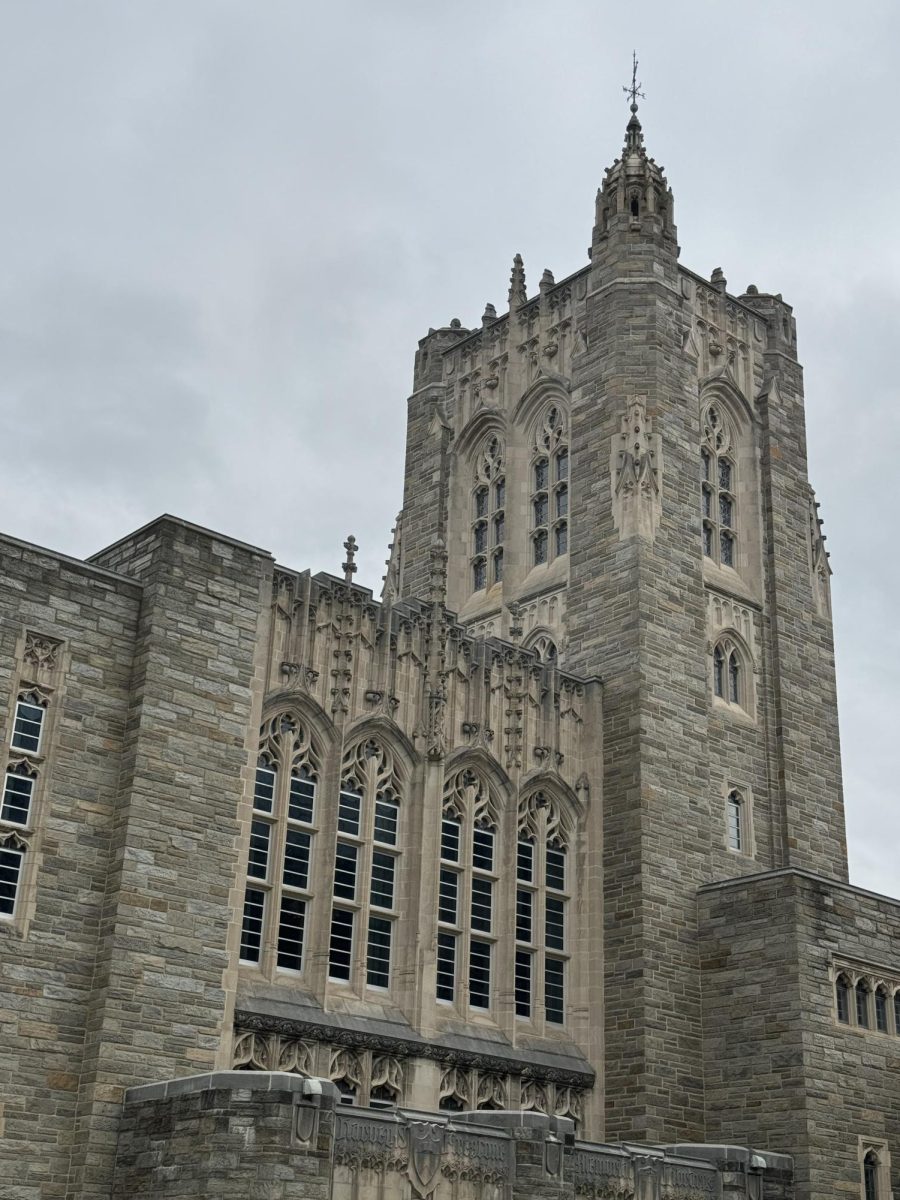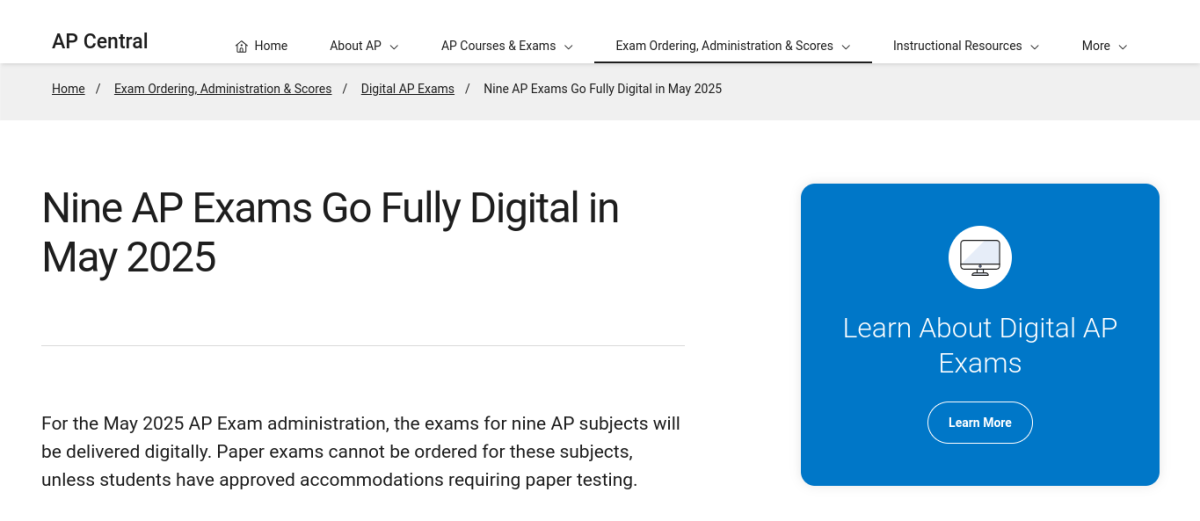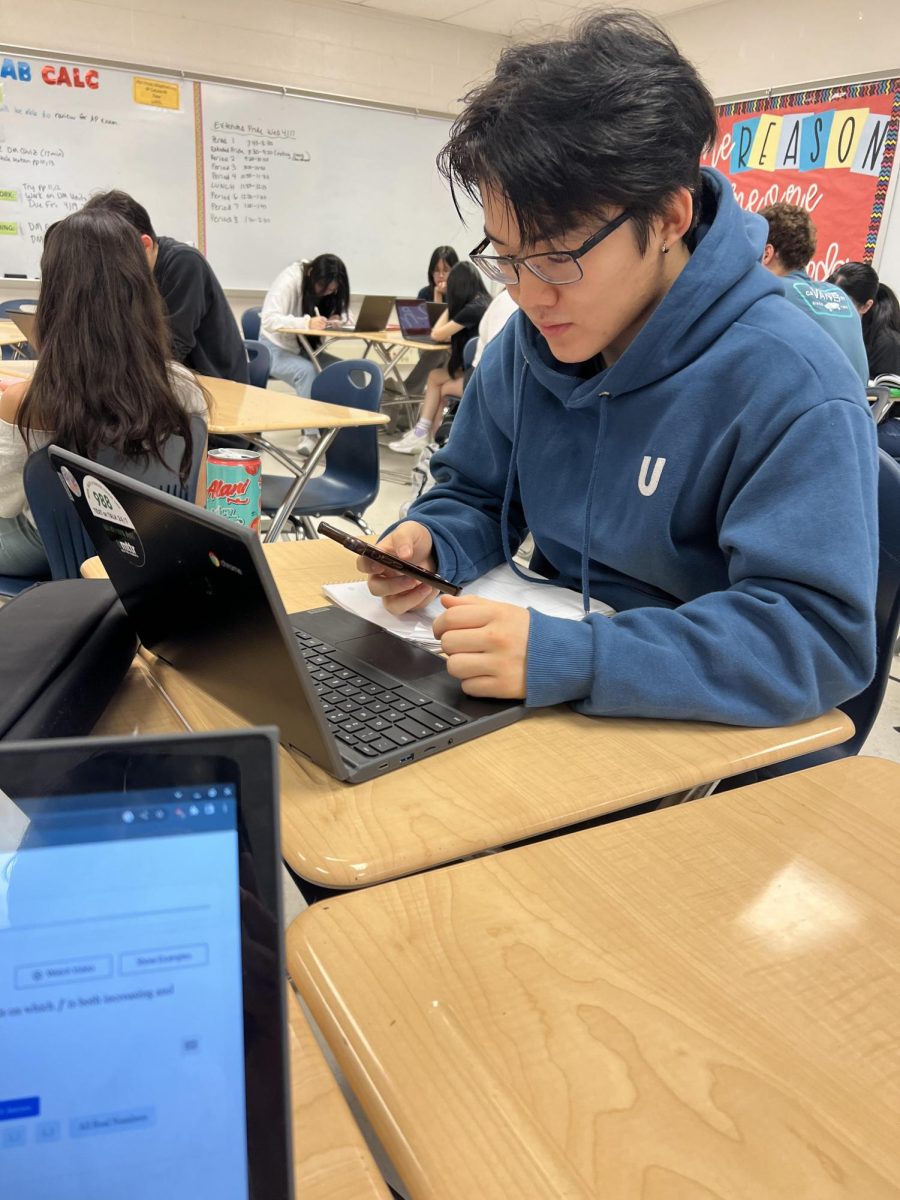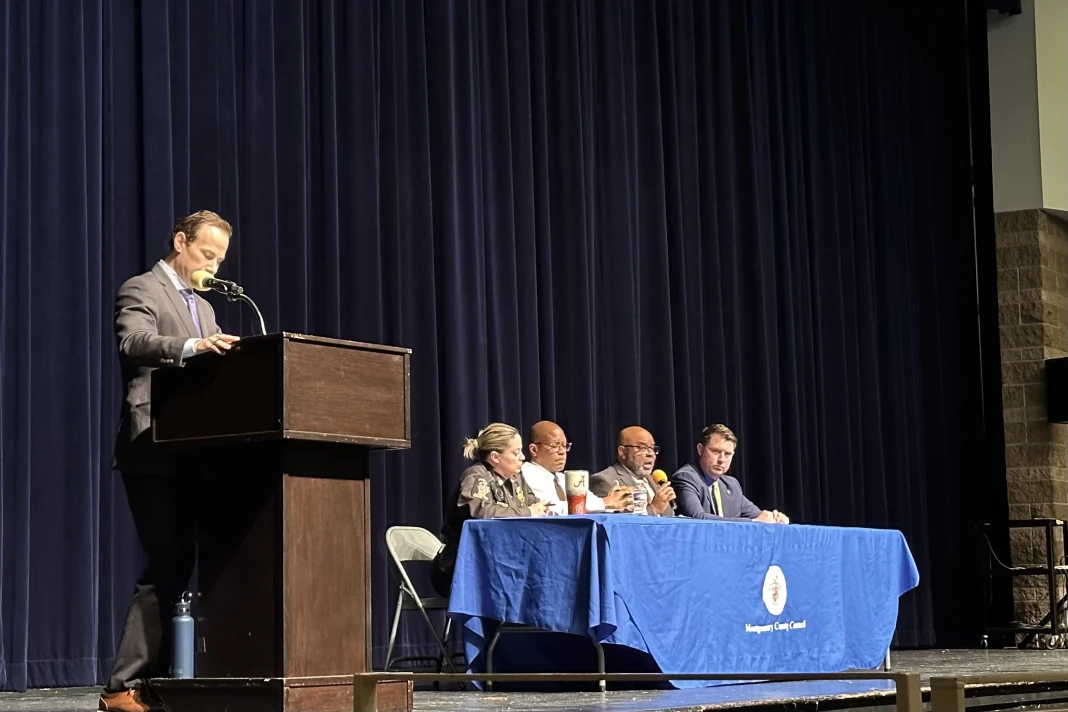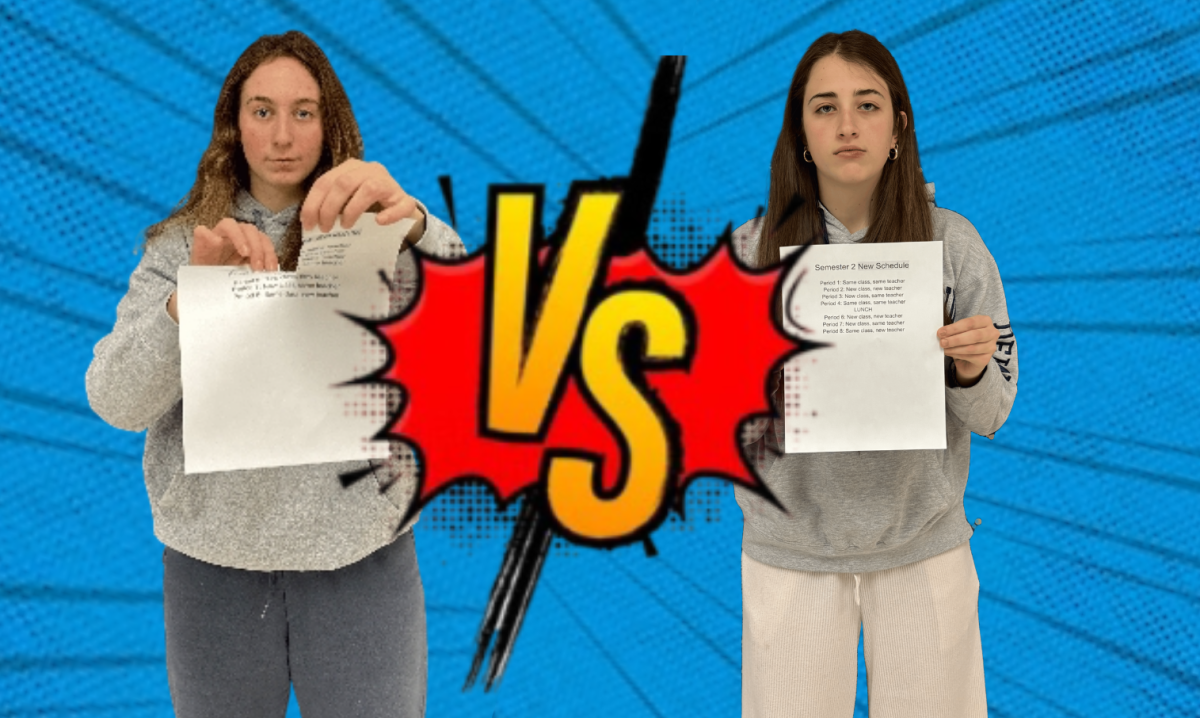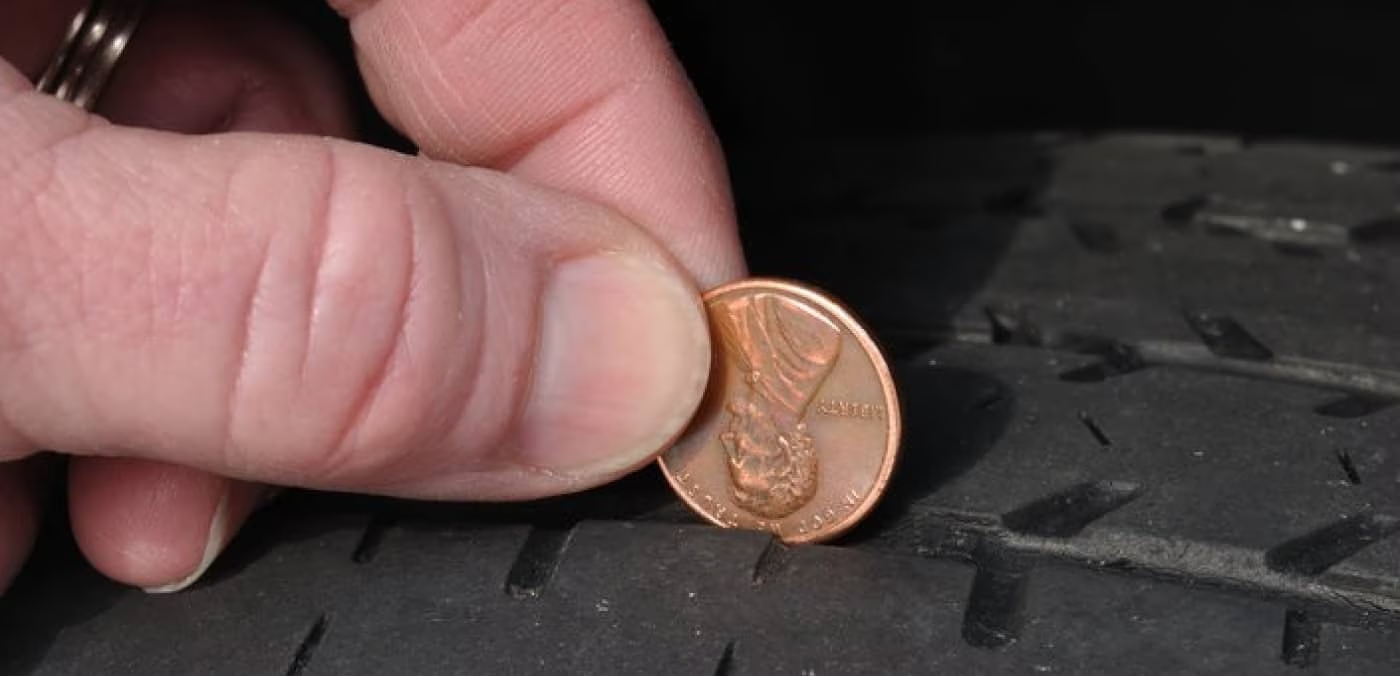Before most research projects and assignments, teachers often give students meaningful advice about which sources to depend on—Wikipedia: often inaccurate; news articles: watch out for bias; sites found through Google: take extra precaution; textbooks: safe source. The only thing we trust more than our teachers are our textbooks—they guide us through each history course, provide a basis in science teachings and help us review math theories, equations and problems year after year.
But not everything a textbook presents is as accurate as it seems. American schools have long accepted textbooks as the best tool for learning—if a student actually bothers to read the text—and with all of the time and dedication that goes into writing textbooks, most do not bother addressing the need for changes unless the change is major and worth the costs. The Texas Board of Education (TBOE), however, sees a need for drastic change.
In September, the TBOE adopted a controversial resolution mostly accusing textbook publishers of favoring Islam over Christianity and addressing the need for several major changes in textbooks to lessen prejudice toward Christians and provide a more accurate depiction of history that is focused on fundamentally Christian and, what some might call, right-wing agendas.
According to kxan.com, the website for Austin News, the books that the TBOE cited as examples of bias were phased out by the Texas Education Agency a decade ago.
Textbooks should be neither left-leaning nor right-leaning, for they are not intended to be used as biased materials that sway the readers’ opinions. Education is universal—there is only one way to approach teaching material, and that should be through a factual standpoint. Classroom discussion can enhance learning by portraying different viewpoints, but the facts must be understood loud and clear before analysis begins.
While Texas is generally a conservative, right-winged state and these changes may be what the parents want their children to read, the consequences and effects of its new textbook requirements will extend much further than the bounds of the Lone Star state. Due to Texas’ size and power as one of the largest buyers of textbooks, publishers will rewrite their texts in accordance with TBOE’s decree and distribute them nationwide.
It is immoral for these educators to decry the current textbooks as biased if their alternative is equally, if not more biased. If they do not offer to fix the problems to make the textbooks more well-rounded and secular, then these officials are rather skewing the texts towards the other side and adding reverse bias.
The education of youth is the core of America’s future, and if children are taught untruthful accounts of history and current events, unnecessary exaggerations and skewed facts surreptitiously replace reality. Board members must not invest more time and energy in addressing political issues than addressing the dire need for a well-rounded, fully informed, scholarly education for today’s children, who cannot be ignorant as they approach today’s largely international and global world.
Education is a national issue—a student’s education in one state should not drastically differ from a student’s education in another. If Texas officials are truly concerned with the future of their youth, they must discuss and brainstorm ways to improve—maybe with help from officials in other states—rather than to simply choose a heavily revolutionary resolution that could have dire effects.
There is already enough bias in television programs, newspapers, magazines and the Internet to brainwash American youth. One place where things should be kept fair and balanced, for the well-being of all those involved, is the classroom. Political and religious issues should not affect the caliber or clarity of one’s education and the resources to which a student is exposed.





